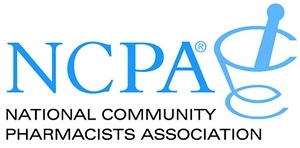A study conducted by the National Community Pharmacists Association (NCPA) found that independent community pharmacists are able to improve patient health by networking together across diverse practice settings, an article in Pharmacy Times said on Monday.
According to the study, patients who received appointment-based medication synchronization (ABMS) services were over 2.5 times more likely to stick with their medication as prescribed by their doctor. Patients who didn't receive ABMS services were 21 percent more likely to stop their prescription drug regimen.
“As our country moves to a value-based model that rewards better outcomes, it’s critical for community pharmacists to demonstrate and measure how they can drive medication adherence and improved health,” NCPA CEO B. Douglas Hoey said. “That’s why this new study is so different and so critical. It shows that a diverse group of independent community pharmacies can unite to provide consistently high-quality adherence services and positively affect patient health outcomes – and measure that impact. Community pharmacists will continue to work to replicate these successful results on a national scale.”
The study, which was done in collaboration with the Arkansas Pharmacists Association (APA) and support from Pfizer, measured the impact of ABMS services provided by 82 participating community pharmacies across Arkansas.
“I commend the Arkansas community pharmacies and pharmacists who participated in this study,” APA Executive Vice President and CEO Mark Riley said. “Working together they produced convincing evidence of how community pharmacists can help achieve improved medication management, which leads to improved patient outcomes.”









 Alerts Sign-up
Alerts Sign-up